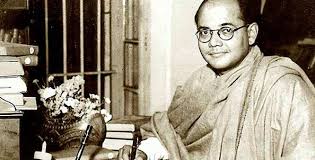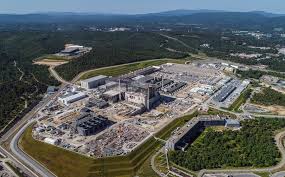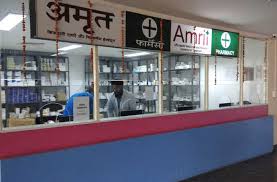
Recently, the Union Cabinet has approved the new National Education Policy (NEP), 2020 with an aim to introduce several changes in the Indian education system from the school to college level. The two earlier education policies were brought in 1968 and 1986.
Daily Current Affairs Quiz 2020
School Education:
- Universalization of education from preschool to secondary level with 100% Gross Enrolment Ratio (GER) in school education by 2030.
- To bring 2 crore out of school children back into the mainstream through an open schooling system.
- The current 10+2 system to be replaced by a new 5+3+3+4 curricular structure corresponding to ages 3-8, 8-11, 11-14, and 14-18 years respectively.
- It will bring the uncovered age group of 3-6 years under school curriculum, which has been recognized globally as the crucial stage for development of mental faculties of a child.
- It will also have 12 years of schooling with three years of Anganwadi/ pre schooling.
- Class 10 and 12 board examinations to be made easier, to test core competencies rather than memorised facts, with all students allowed to take the exam twice.
- School governance is set to change, with a new accreditation framework and an independent authority to regulate both public and private schools.
- Emphasis on Foundational Literacy and Numeracy, no rigid separation between academic streams, extracurricular, vocational streams in schools.
- Vocational Education to start from Class 6 with Internships.
- Teaching up to at least Grade 5 to be in mother tongue/regional language. No language will be imposed on any student.
- Assessment reforms with 360 degree Holistic Progress Card, tracking Student Progress for achieving Learning Outcomes
- A new and comprehensive National Curriculum Framework for Teacher Education (NCFTE) 2021, will be formulated by the National Council for Teacher Education (NCTE) in consultation with National Council of Educational Research and Training (NCERT).
- By 2030, the minimum degree qualification for teaching will be a 4-year integrated B.Ed. degree.
Higher Education:
- Gross Enrolment Ratio in higher education to be raised to 50% by 2035. Also, 3.5 crore seats to be added in higher education.
- The current Gross Enrolment Ratio (GER) in higher education is 26.3%.
- Holistic Undergraduate education with a flexible curriculum can be of 3 or 4 years with multiple exit options and appropriate certification within this period.
- M.Phil courses will be discontinued and all the courses at undergraduate, postgraduate and PhD level will now be interdisciplinary.
- Academic Bank of Credits to be established to facilitate Transfer of Credits.
- Multidisciplinary Education and Research Universities (MERUs), at par with IITs, IIMs, to be set up as models of best multidisciplinary education of global standards in the country.
- The National Research Foundation will be created as an apex body for fostering a strong research culture and building research capacity across higher education.
- Higher Education Commission of India (HECI) will be set up as a single umbrella body for the entire higher education, excluding medical and legal education. Public and private higher education institutions will be governed by the same set of norms for regulation, accreditation and academic standards. Also, HECI will be having four independent verticals namely,
- National Higher Education Regulatory Council (NHERC) for regulation,
- General Education Council (GEC) for standard setting,
- Higher Education Grants Council (HEGC) for funding,
- National Accreditation Council (NAC) for accreditation.
- Affiliation of colleges is to be phased out in 15 years and a stage-wise mechanism to be established for granting graded autonomy to colleges.
- Over a period of time, every college is expected to develop into either an autonomous degree-granting College, or a constituent college of a university.
Other Changes:
- An autonomous body, the National Educational Technology Forum (NETF), will be created to provide a platform for the free exchange of ideas on the use of technology to enhance learning, assessment, planning, administration.
- National Assessment Centre- ‘PARAKH’ has been created to assess the students.
- It also paves the way for foreign universities to set up campuses in India.
- It emphasizes setting up of Gender Inclusion Fund, Special Education Zones for disadvantaged regions and groups.
- National Institute for Pali, Persian and Prakrit, Indian Institute of Translation and Interpretation to be set up.
- It also aims to increase the public investment in the Education sector to reach 6% of GDP at the earliest.
- Currently, India spends around 4.6 % of its total GDP on education.





